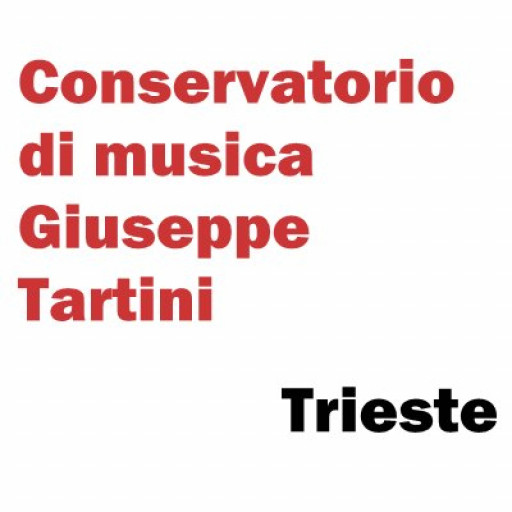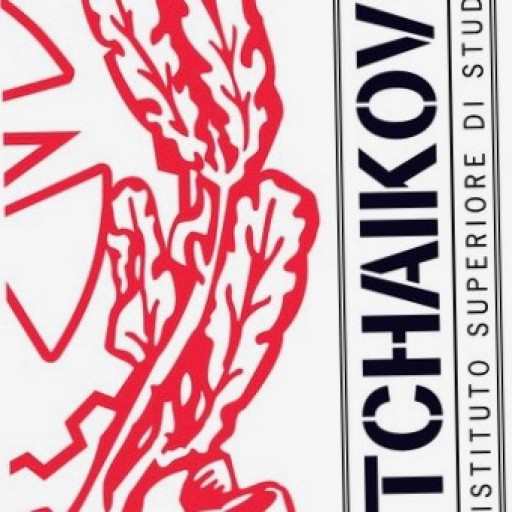Photos of university / #urochester
Conducting (Orchestral) at the University of Rochester is a distinguished graduate program designed to cultivate exceptional conductors equipped with the technical, interpretative, and leadership skills necessary for professional orchestral conducting. The program emphasizes a comprehensive approach to conducting, combining rigorous practical training, academic coursework, and opportunities for real-world experience. Situated within the School of Music, this program offers students access to a rich musical environment, distinguished faculty, and a vibrant community of performers and scholars. Students engage in individual coaching sessions, podium rehearsals, and public performances, allowing them to refine their baton technique, score analysis, and rehearsal strategies. The curriculum typically includes courses in orchestral repertoire, music theory, score study, music history, and conducting techniques, complemented by seminars on performance practice and critical listening. Regular masterclasses and feedback sessions with faculty and visiting professionals provide ongoing mentorship and professional development. The program aims to prepare graduates for careers as professional conductors, whether leading symphony orchestras, opera companies, or engaging in academic and educational roles. There is often an emphasis on both the artistic and administrative aspects of conducting, enabling students to develop a well-rounded skill set suitable for diverse professional environments. Collaborative projects with student and professional ensembles foster teamwork and adaptive leadership, essential qualities for successful conducting. The University of Rochester's state-of-the-art facilities, including rehearsal spaces, technology resources, and concert venues, support intensive practice and performance. Students also have access to a network of alumni and industry contacts, facilitating career placement and development. Overall, the Conducting (Orchestral) program aims to produce versatile, insightful, and deeply knowledgeable conductors capable of inspiring musicians and engaging audiences worldwide.
Prerequisites: Candidates must have significant experience as a performer and conductor.
Upon entry to the program, master’s students take placement exams in music theory and history. If remediation is required, the appropriate courses are taken, but their credit does not count towards the master’s degree program of study. The same is true of any English language instruction that is required. .
Residency: Students in the MM Conducting program have a two-year residency requirement. See section 05.01 (Residency) for more information.
| Courses |
Credits |
| CND 481, 482, 483, 484 (Orchestral Conducting–one each semester) |
12 |
| CND 441-444 (Colloquy in Conducting)–one each semester, 0.5 cr. each |
2 |
| Music History and Literature, including MHS 480 (Bibliography) and two of the following: MHS 421 (Middle Ages), MHS 422 (Renaissance), MHS 423 (Baroque), MHS 424 (Classic period), MHS 425 (19th Cent.), MHS 426 (20th Cent.) |
8 |
| TH 400 (Analytical Techniques) – students who received a bachelor’s degree from Eastman must take TH 401 instead of TH 400 |
3 |
| ENS 400 (Graduate Ensemble–2 sem. minimum) |
2 |
| Electives. Recommended electives include Applied Music (up to 3 cr.); Orchestration; Advanced or Intermediate Keyboard Skills. |
7 |
| MM Listening Exam or pass MHS 435 Concert Repertoire with a grade of B- or better. | – |
| Oral Examination | – |
| Remedial coursesIf required by placement exams, these courses do not count toward total credits for the degree. See section 06.02.03 (Placement Examinations, Listening Exam, and Remedial Courses – MM) and section 05.03 (Placement Examinations and Remediation) for further information. | – |
| Total Credits |
34 |
Foreign Language: Orchestral conducting students should have foreign language proficiency equivalent to one year of undergraduate study in French, Italian, or German. The degree of proficiency will be tested by written entrance examination upon matriculation. If the necessary degree of proficiency is not reached, a foreign language will be a mandatory part of the student’s curriculum until it is reached. In this case, the student will be required to pass the second semester of a freshman-level language course with a grade of B or higher.
Recital: Orchestral conducting students will be required to conduct a minimum of 2 short rehearsals with the conducting orchestra per month, and conduct a performance of one main orchestral work not less than 25 minutes in length. This performance is preceded by an oral examination on the work, held approximately two weeks prior to the performance. The jury for the oral examination and the performance will consist of three faculty members selected by the Conducting & Ensembles department.
Requirements
- Online Application and Application Fee
- Personal Statement
- Résumé or Curriculum Vitae
- Academic Transcript(s)
- Recommendations (3 required)
- TOEFL Exam Scores & Non-Native English Essay
- Audition
- Interview
- Pre-screening recording
Scholarships
The Eastman School of Music provides financial support to its graduate students primarily through the Graduate Award Program, a merit-based system of financial aid. Eastman’s Graduate Award program is able to provide in-depth professional training for graduate students and receive valuable services in return. Graduate applicants, who are not only highly recommended in their major, but who also are highly recommended for a graduate award, receive the most merit-based financial support from Eastman. The graduate awards are processed through the Graduate Studies Office.
A graduate award normally consists of a stipend (salary for the work done) and a tuition scholarship. A small number of awards are tuition scholarship only. Admission to a graduate program does not guarantee a graduate award.
The University of Rochester offers a comprehensive program in Conducting (Orchestral), designed to prepare students for professional careers as conductors of orchestras and ensembles. The program emphasizes developing a deep understanding of musical scores, advanced conducting technique, rehearsing skills, and interpretative leadership. Students gain practical experience through conducting various ensembles and participating in master classes, workshops, and seminars led by distinguished faculty and visiting artists. The curriculum includes coursework in music theory, orchestration, instrumental techniques, score analysis, and rehearsal strategies, ensuring a well-rounded education. The program also provides opportunities for students to collaborate with the university's diverse orchestral groups, chamber ensembles, and vocal ensembles, fostering a versatile conducting skill set. Students have access to state-of-the-art facilities, including technologically equipped rehearsal spaces and performance venues, which facilitate professional-level practice and performances. The program is tailored to meet the needs of aspiring conductors at different stages of their careers, from emerging conductors seeking to refine their craft to more experienced musicians aiming to expand their repertoire and leadership capabilities. Graduates of the program are prepared for careers as professional conductors, music directors, or educators, with a strong foundation in the technical, artistic, and administrative aspects of conducting. Throughout their studies, students are encouraged to develop their own artistic voice while gaining insights into orchestral management, programming, and community engagement. The Rochester conducting program benefits from the university's rich musical environment, renowned faculty, and extensive performance opportunities, making it an ideal place for serious students committed to pursuing conducting at a high professional level.








